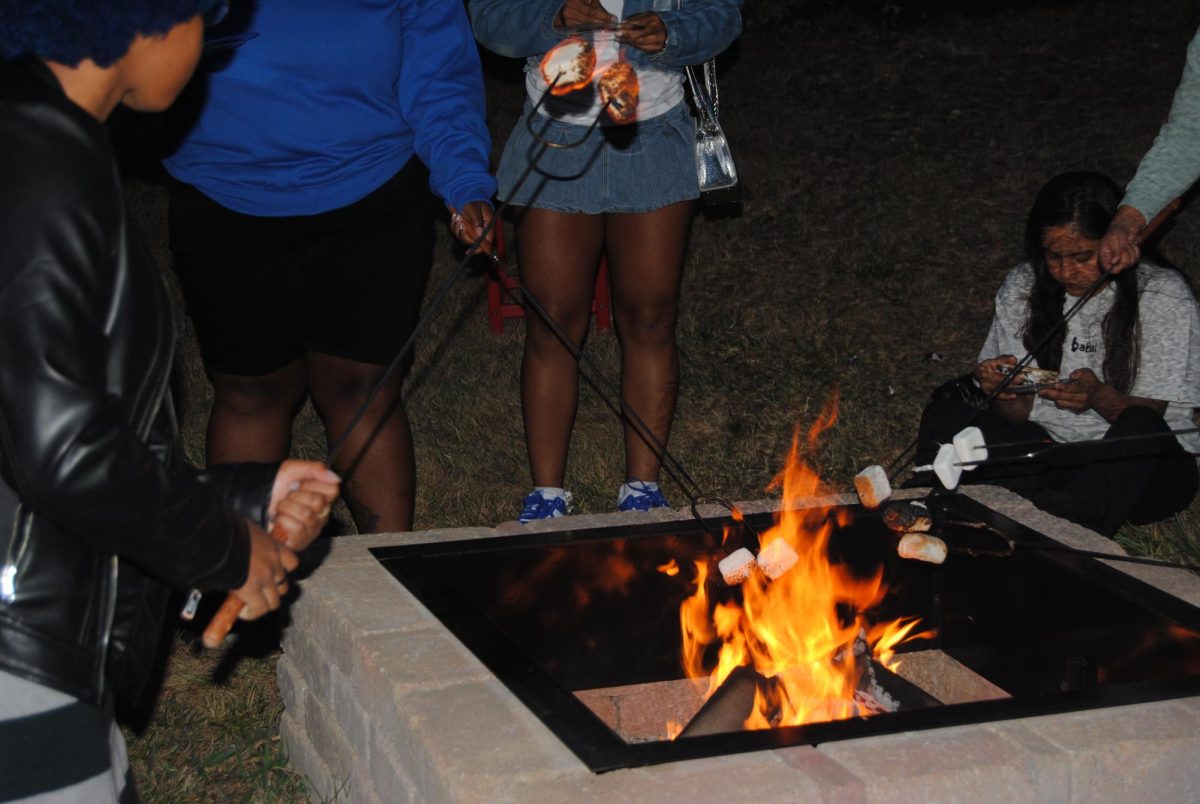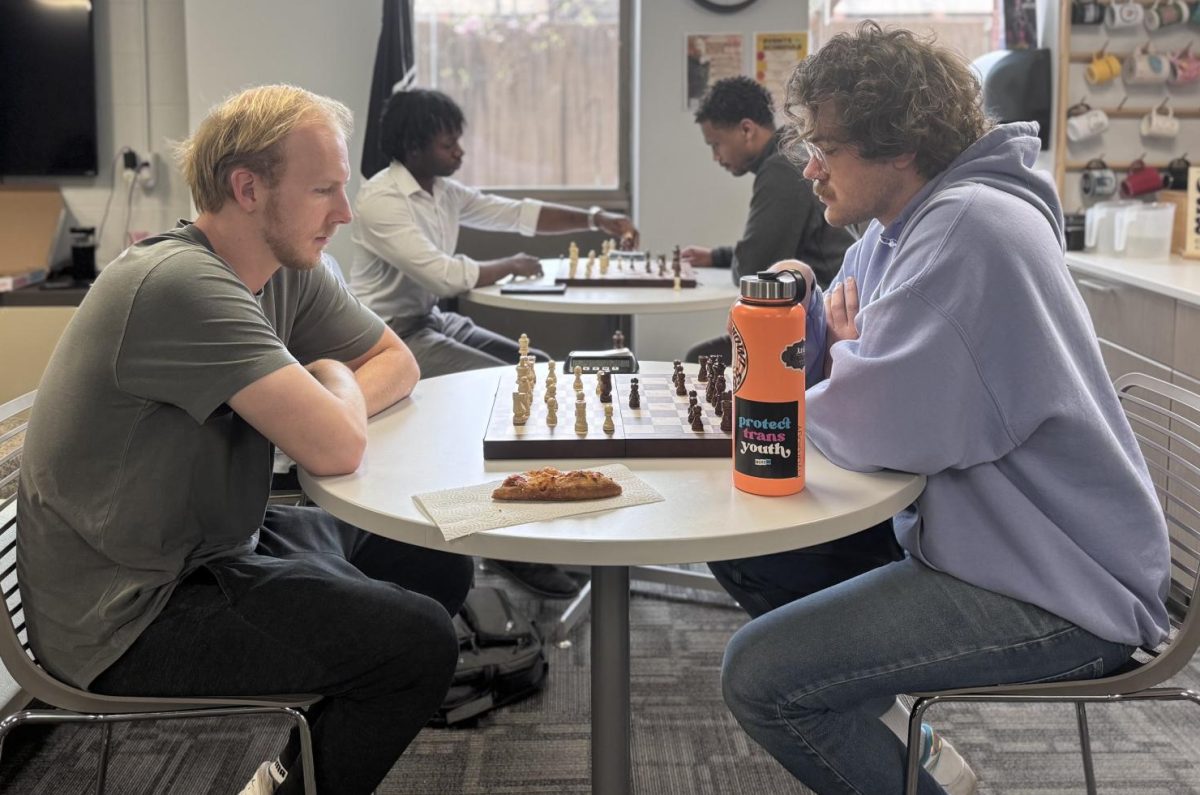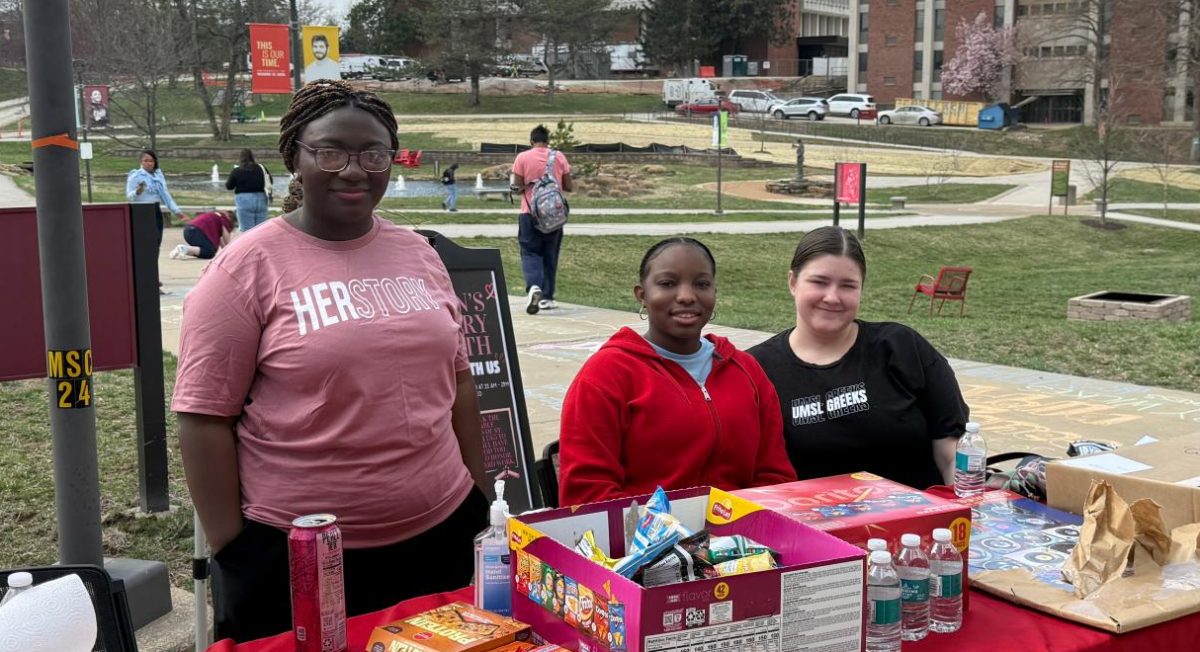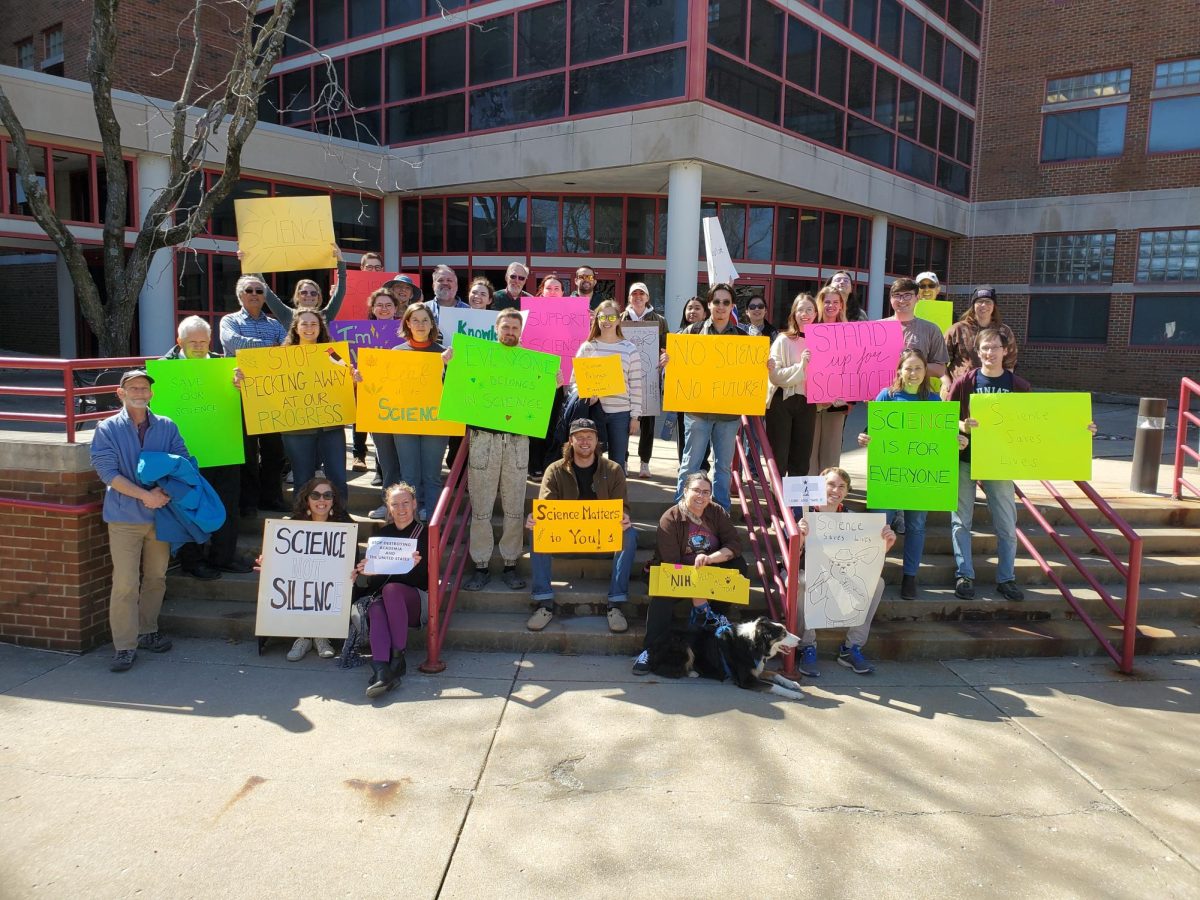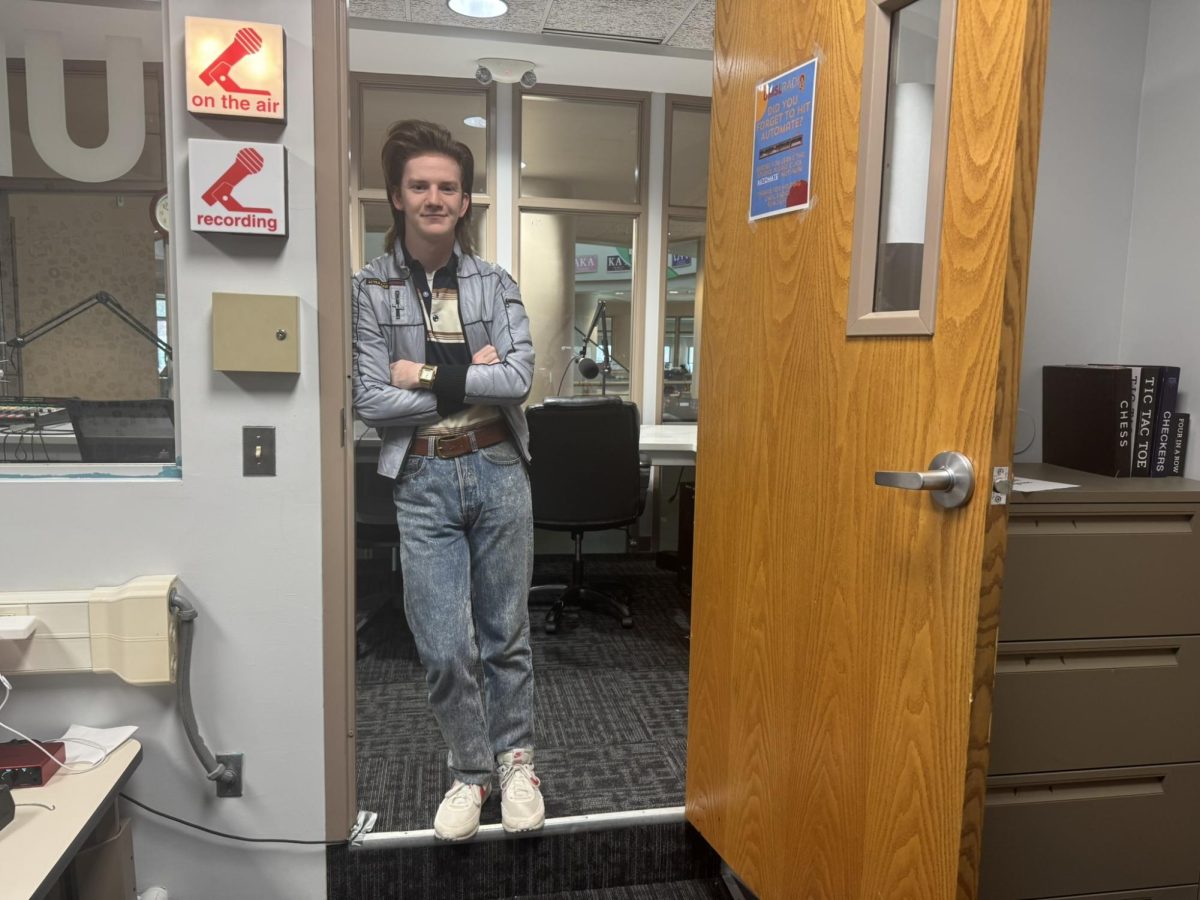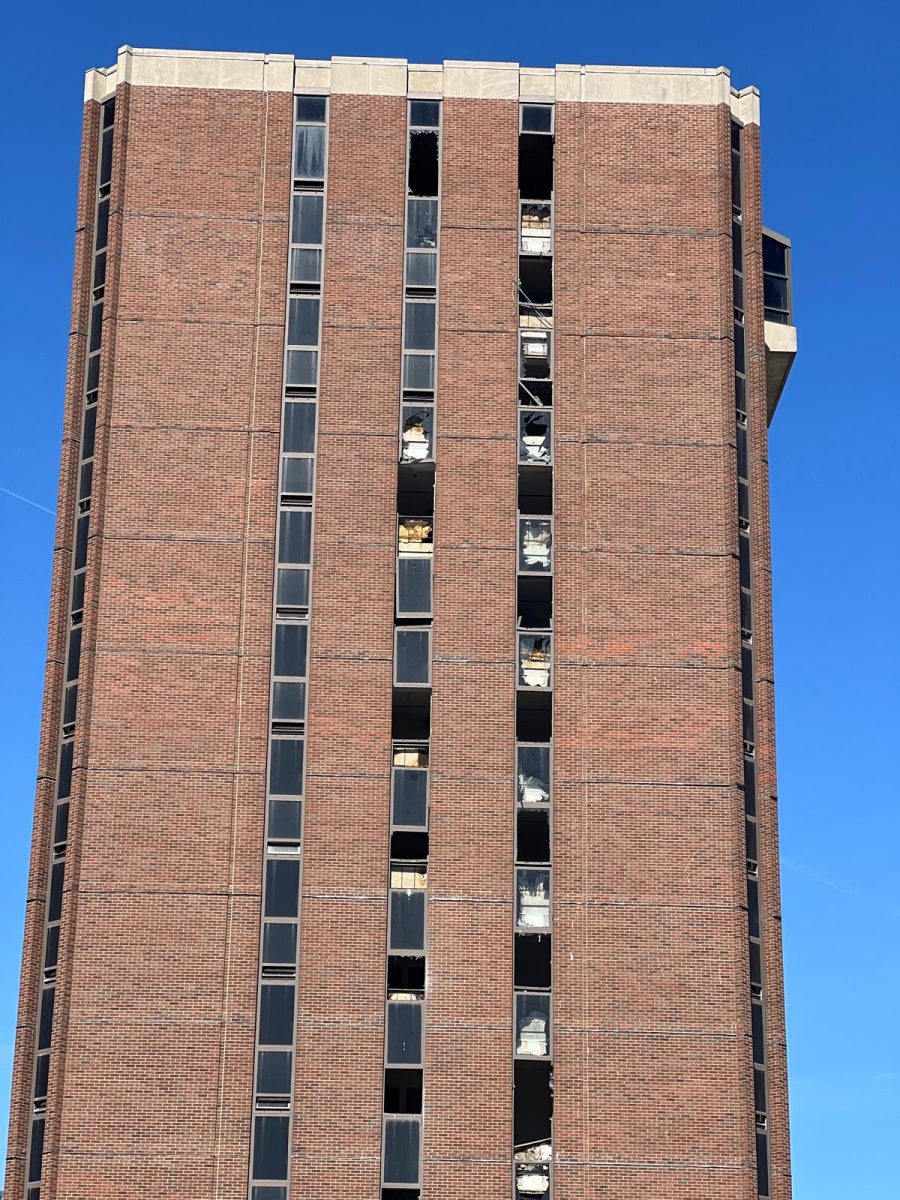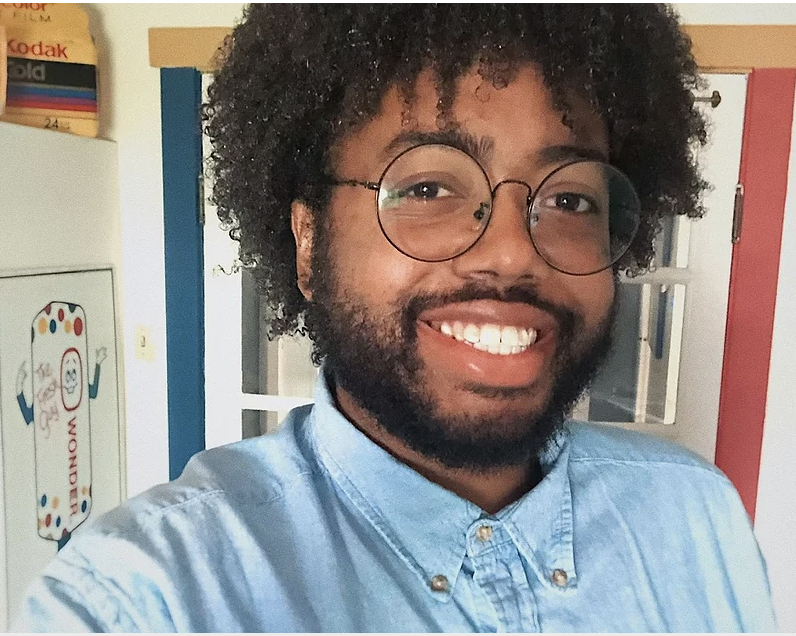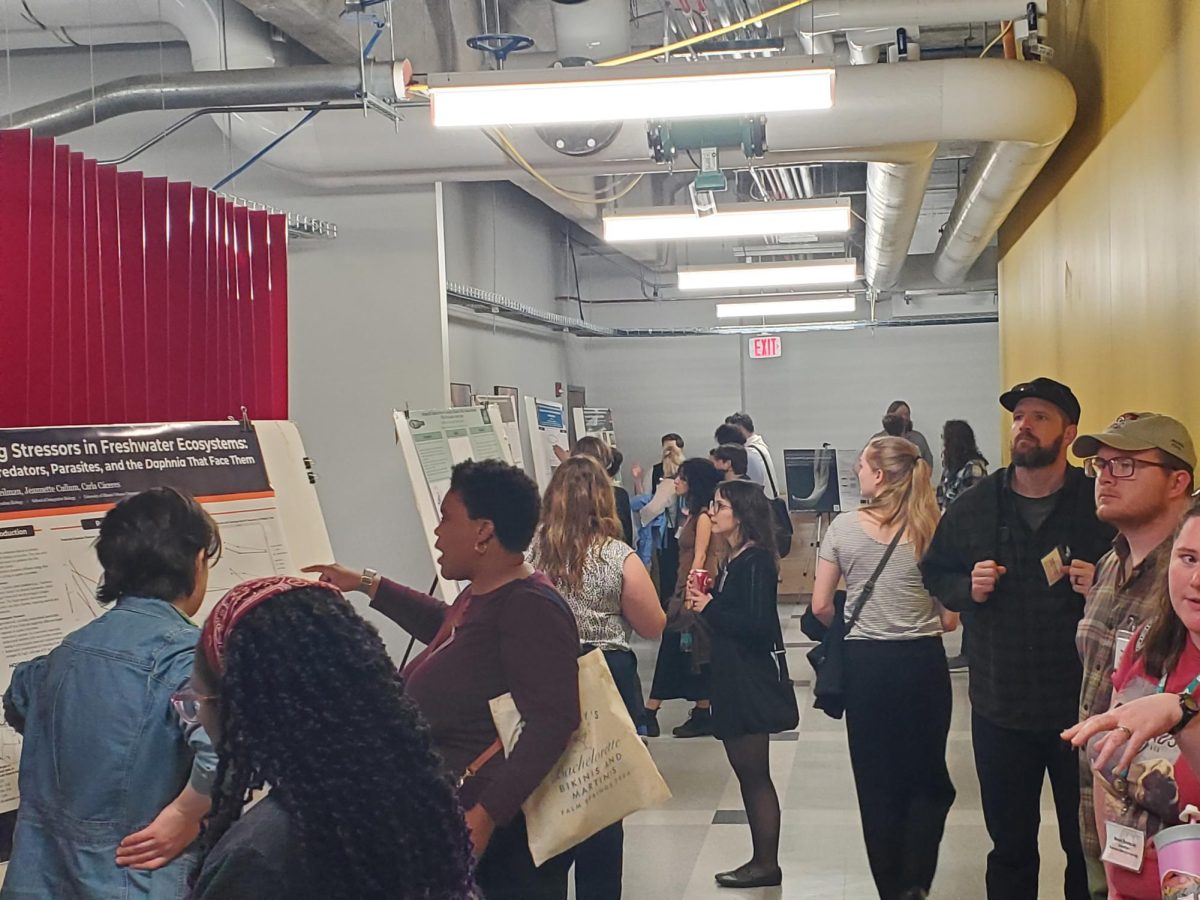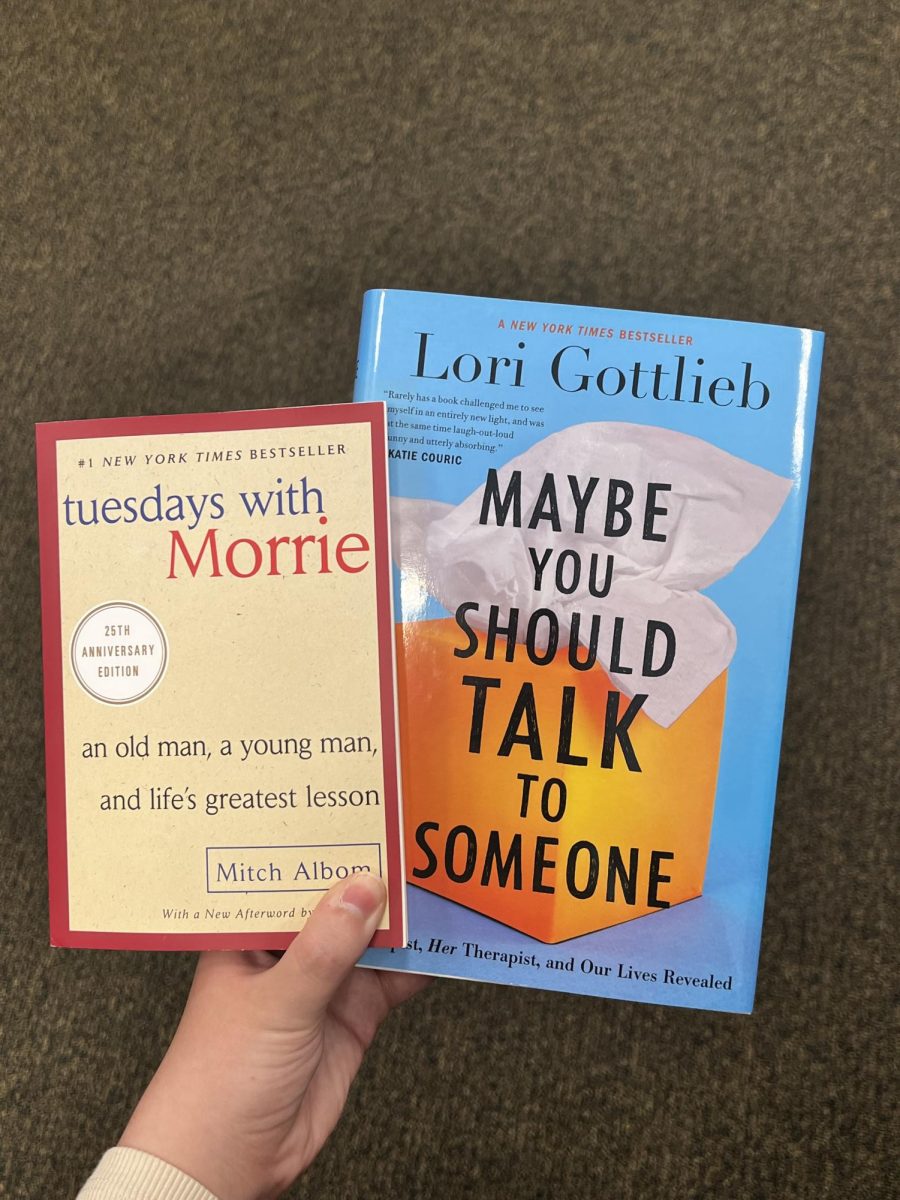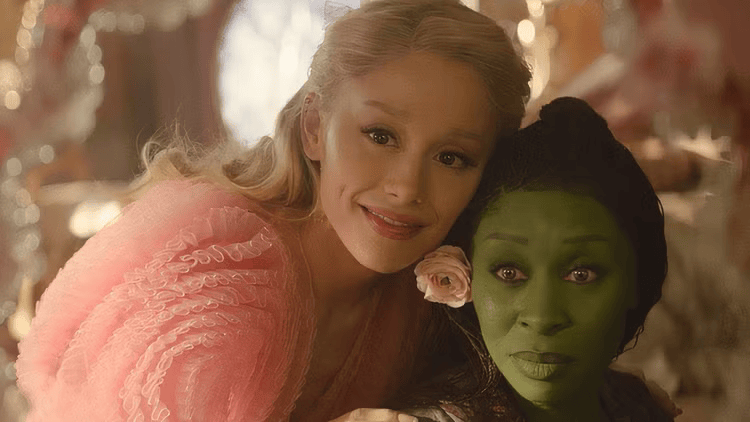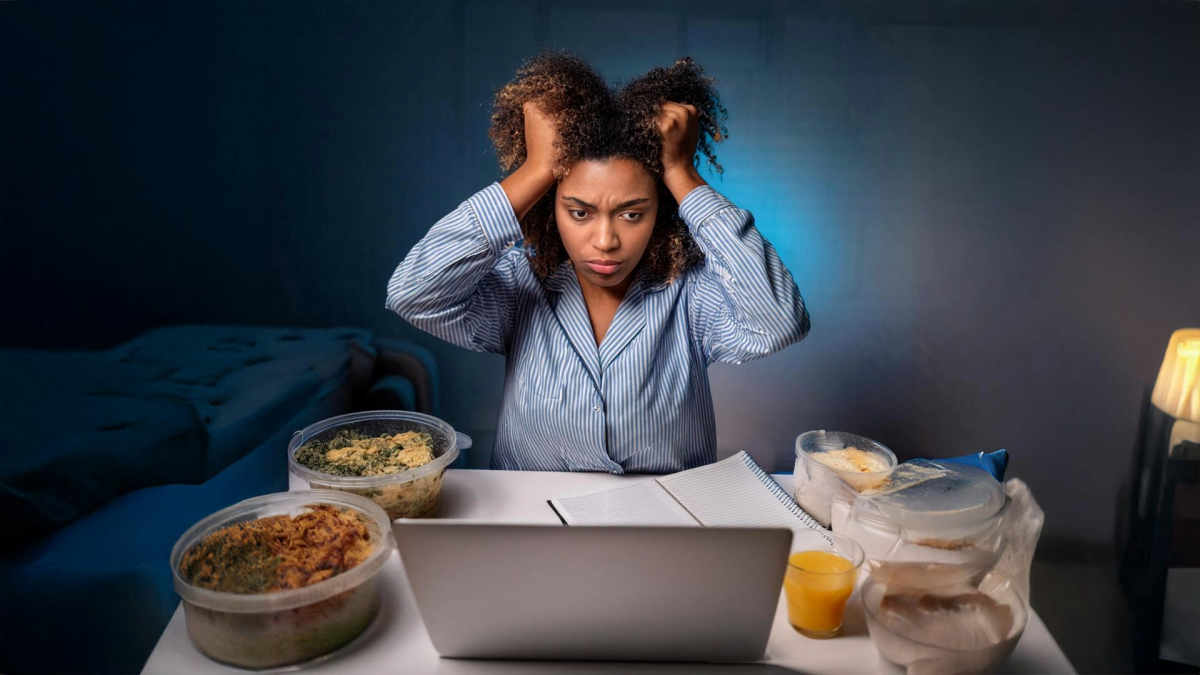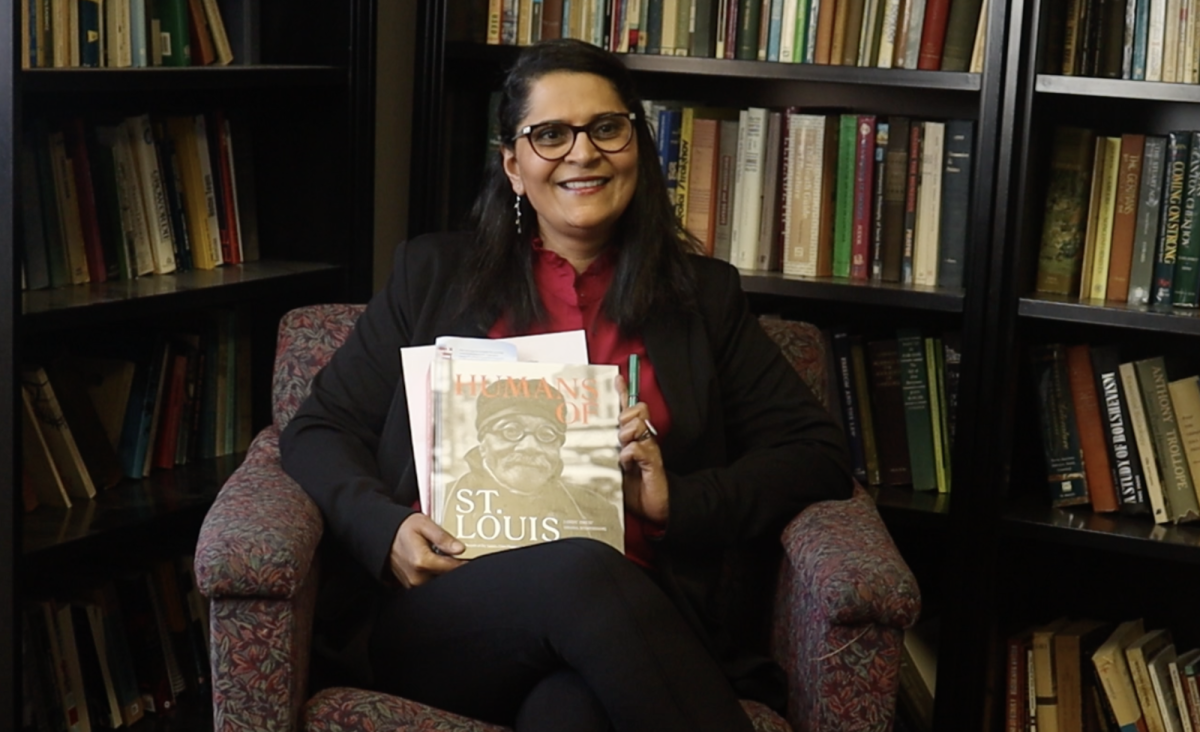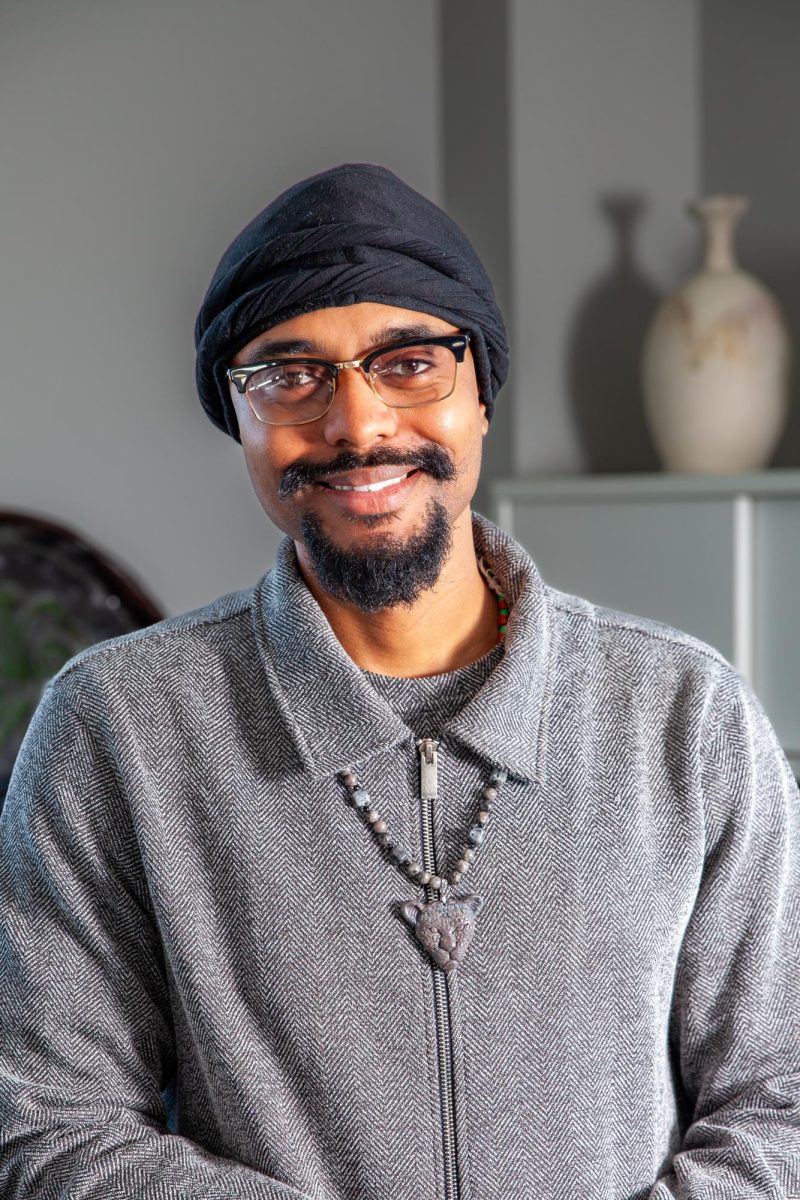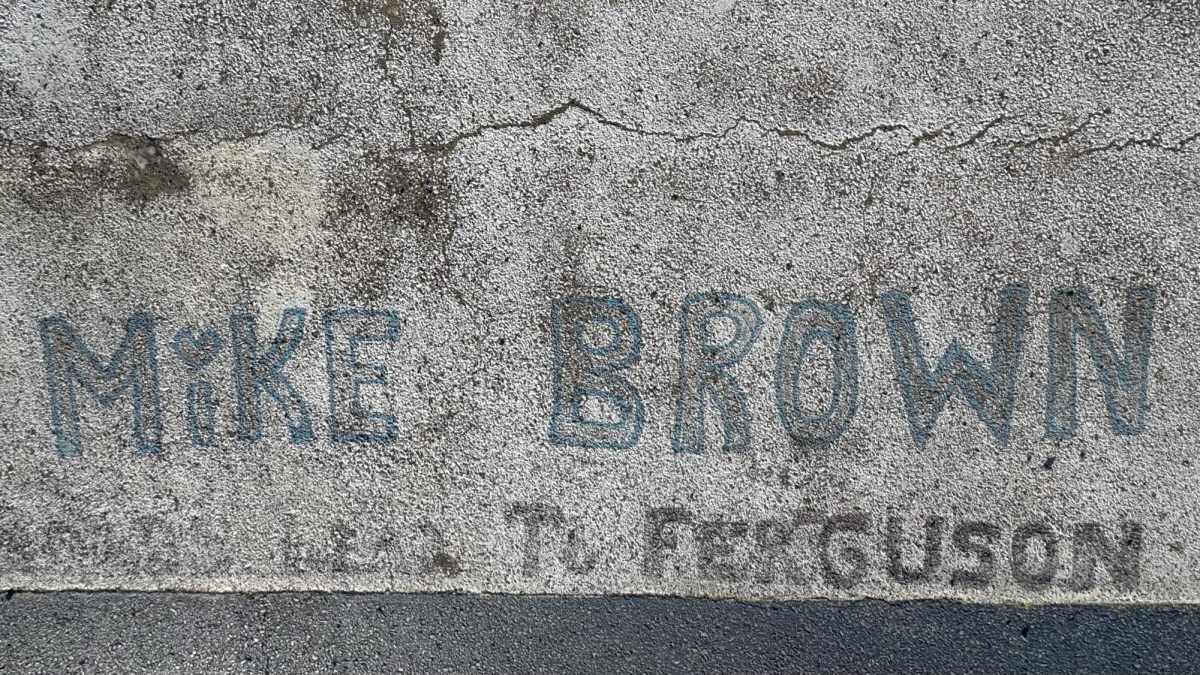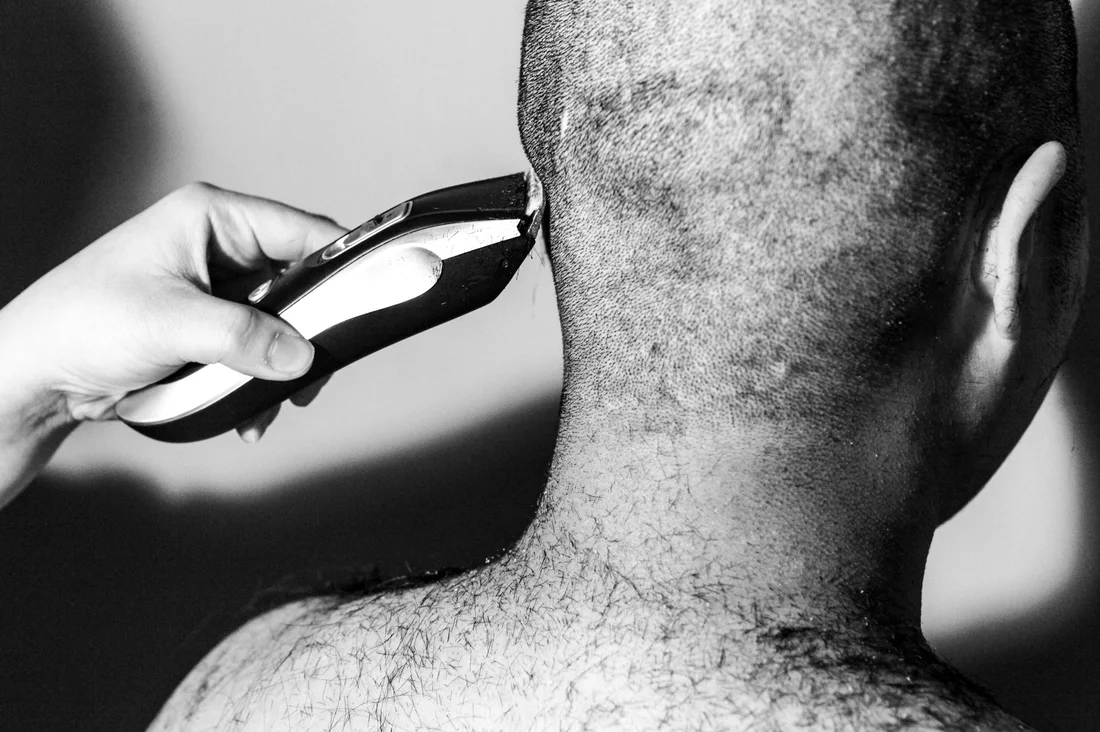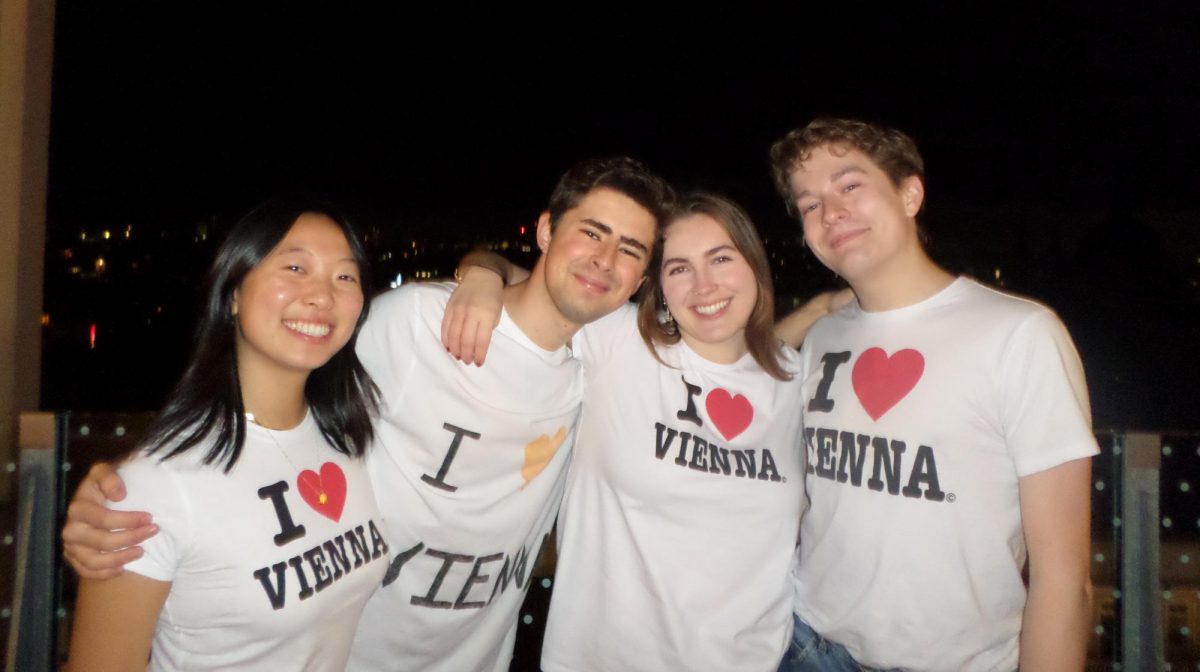Now more than ever I can’t imagine a more important topic to write about as a woman in America, but the fight for reproductive autonomy is not a new or uncommon struggle. On the other side of the continent, women in Asia have consistently battled male expectations and pressures to have children while facing population declines.
Upon establishing the Republic of Korea in 1948, women were given constitutional rights to an education, work and essentially a life in Article 11. Despite establishing equal rights, South Korea and a majority of Asian countries have some of the biggest social gender inequalities regarding the expectations and roles of a family unit. As of 2022, South Korea has the largest gender pay gap among OECD countries and the lowest fertility rates in the developed world. This could be attributed to the feminist 4B movement that rose in 2017 along with other campaigns and influencers against the current gender discrimination.
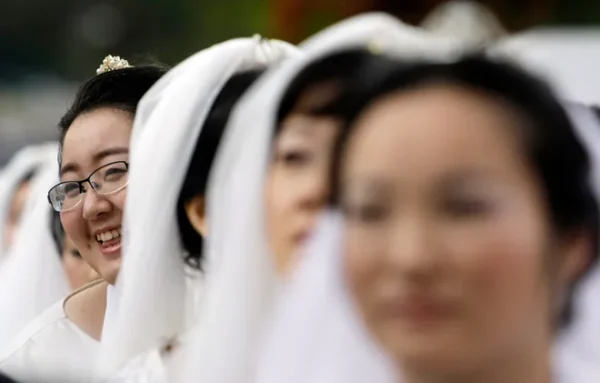
Baeck Ha-na and Jung Se-Young are the YouTubers behind the #NoMarriage trend that gained popularity in 2019. Other influencers such as Lina Bae, a beauty content creator, drew a lot of attention to the Escape The Corset campaign that fought off male domination in 2017. The #NoMarriage, Escape The Corset campaign and the novel “Kim Jiyoung, Born 1982”, by Cho Nam-Joo ignited the 4B movement on social media.
The 4B movement is really the 4-Bi movement from the Korean word aniyo meaning, no. The movement comprises of four principles: bihon (refusal of heterosexual marriage), bichulsan (refusal of childbirth), biyeonae (refusal of heterosexual sexual relations), and bisekseu (refusal of heterosexual relationships. Basically, no dating, no marriage, no sex, and no children. This was a direct protest to the pro-natalist turn in state policy in South Korea that is pushing women to raise a family.
Sex strikes are not a new form of protest and women have long been practicing the absence of sex since antiquity, but they have not always been effective or true to their word.
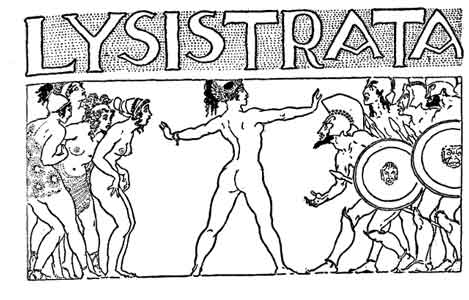
The first representation of a sex strike can be found in Aristophanes’ play “Lysistrata”, first performed in 411 B.C. Aristophanes’ intentions here are cruel and intentional as the sexual pleasures of women are all being acted on stage to entertain other men. This was just misogynistic propaganda. The sex strike was a plot for the wives to be able to seduce and use their husbands to take over the government and end the war between Sparta and Athens. In sexually exploiting themselves to end the war, the majority of husbands who have been away for so long will come back home and sleep with them. The wives then return to their domestic duties, of course.
In a more modern America, actress and activist Alyssa Milano called for women to stop having sex in protest to Georgia’s abortion laws back in 2019. She posted to the dearly departed Twitter, now known as X, “Join me by not having sex until we get bodily autonomy back.”
With the new president-elect, Donald Trump, the conversation regarding the 4B movement has increased in America. Largely due to his stance on abortion bans as he took credit for the reversal of Roe. v. Wade and was quoted on a radio interview in March this year, “people are agreeing on 15 and I’m thinking in terms of that” in reference to a federal ban. Women and influencers across TikTok and X have both encouraged Americans to stand behind the messages of the 4B movement and ridiculed the strike stance.
Comedian Bill Maher mentioned the movement in his political talk show and posted recently on X, “There’s a trend of liberal women denying sex to men who voted for Trump. Finally, progressives found a way to turn something blue! #4Bmovment.”
Drew Afualo, popular content creator and activist spoke on Rainn Wilson’s podcast Soul Boom this month and credited South Korea’s recent increase in deaths outweighing live births to the strength of the women behind the movement in refusing to have kids until they are treated equally. The birth and death statistics released by the Republic of Korea in 2022 reported 372,939 deaths and only 249,000 live births. This TikTok video gained over 3.5 million views and has sparked so many important conversations in our daily lives.
To get a better idea of the impacts of the 4B movement here in America and the potential consequences of a sex strike, I reached out to The Gender studies department to share some of their thoughts. Phallen Briggs is a faculty member at The Gender Studies department and is a social work graduate student. She provided a stimulating and meaningful conversation after getting to ask her some questions about the #4Bmovement.
Do you think this movement is helping and contributing to the change we want to see?
I think doing those things allows women and people with a vulva, to take back their freedom of autonomy. Those are all things that lead to the mass production of humans. You can’t produce human life without there being people willing to carry those to fruition. Taking a stand against how current abortion and reproductive rights are being treated will make an impact on society. How big of an impact depends on how much community is built around this specific thing. It would require a long-term commitment of the movement to create a lasting impact in terms of the effects on the population.
I do also worry that women and people with reproductive organs face possible harm. If we know anything about the patriarchy, it’s that if they want something they’re going to take it. I think it’s important for us to band together and stand firm on self-defense and no means no, reinforcing those.
As a society, women are already made to feel like we have to buckle to the advances of others, especially men. I do worry about the effects of the rise of sexual assault. I think the way the patriarchy is set, if men want something, they are given the support of greater society to take what they want.
What is this conversation like within queer communities?
There has always been a strong queer presence and identity in St. Louis that has always aided in the support of those who fall victim to wrongdoing. I think the queer community does talk about bodily autonomy. I think it has a lot to do with language because as time has progressed the language has become very multifaceted in terms of women aren’t just people who can carry and give birth and gender and identity and sexual orientation, these are all vastly different things that intersect.
In terms of the 4B movement and bodily autonomy among queer people and its umbrella term, a lot of these people experience a struggle with bodily autonomy and the questions behind it. They understand its importance and are at the front lines rooting for reproductive and abortion rights.
How is it going to potentially increase the gender divide between men and women?
The increase of the divide will become more apparent when men start to realize that women who can carry to term have a more nuclear sense of power than are given credit for. There is a lot of power behind being able to create life. It’s going to allow women to take back the autonomy that we have. We live in a society where our bodies are policed. Men have been critical of women’s bodies for years and years, so I think this is going to start the conversation of a bigger issue.
Something I wanted to mention in a basic binary sense, everyone came from a person with a uterus. Whether that person identifies as a woman is here or there, but that’s the only way people come to formation. When people realize that power, men will be able to understand the divide. Women are fed up. All we’ve ever asked is for the basic equality that men have. To be treated as equals.
Do you think we will ever see change or get rid of this specific divide among genders?
I think Kamala Harris’s running was the biggest step in the right direction. I think her running made it apparent that women will not be the backbone of men for much longer. And again, it’s not that men don’t deserve anything, but a fight for equality. I do see a future with us being able to stand and sit at the same head of these conversations. I think the whole point of society is that it’s ever-changing. I chose to believe it’s changing for the best and a huge start was Harris running. I think her being able to run is important, just because it’s never been done doesn’t mean it won’t ever be done.
I came into this world with there being a black president within the first few years of my life and that’s major. As a person of color, as a black person having parents born before 1965, I am technically the first generation in my family to be born with the right to vote. That’s crazy. Those things are not so far away. I think change is 100% possible and hope to see it in my lifetime. I think we are more than capable of making it happen. I think when the conversation switches from one being better than the other and is leveled, we’ll start going in the right direction.

